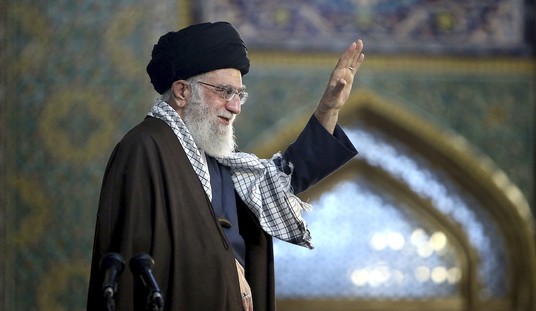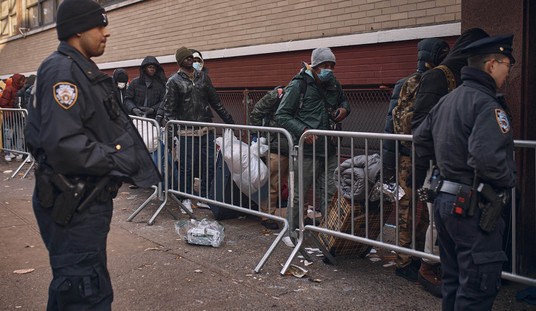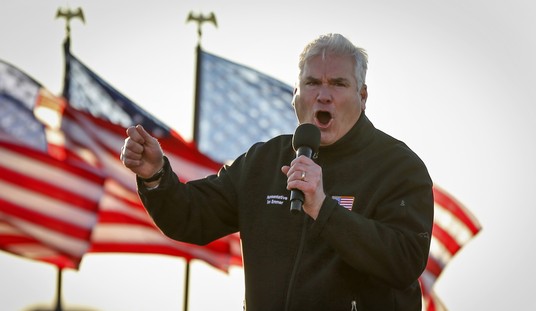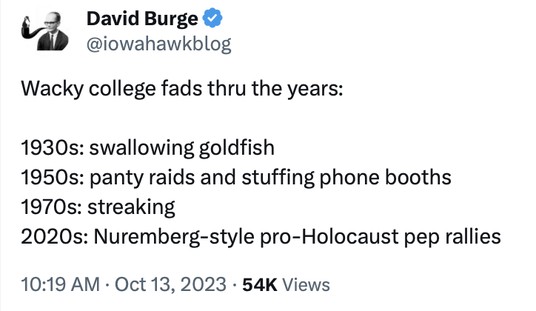A report from the Associated Press this week notes that several governors in the United States appear to be keeping information related to the pandemic and other matters from the public. They cite exemptions from so-called sunshine laws intended to improve government transparency as the reason for all of the secrecy when the press requests records. The report mentions “governors” as a plural, but reading the bulk of the report, you’d probably think the entire thing was about Kristi Noem of South Dakota. She has been singled out as having refused the Associated Press on multiple occasions.
South Dakota Gov. Kristi Noem’s outspoken business-as-usual approach throughout the coronavirus pandemic has made her a darling of national conservatives and allowed her to hopscotch across the country as a fundraising force.
But the public cannot see emails on how she made her decisions or how much state taxpayers are spending for her traveling security detail.
Despite Noem’s 2018 promise “to throw open the doors” of government, the South Dakota governor’s office has denied requests for both records, citing broad exemptions to the state’s sunshine law. Her state is among half a dozen where governors’ offices routinely block access to executive records, keeping the public in the dark about decision making and possible influence peddling by special interests.
To be fair to the AP, at least one-half of their complaint about Noem’s lack of responsiveness has merit. Asking for a list of the costs associated with her security detail is a legitimate request. Those cops are being paid with taxpayer money, and the voters have the right to know where their dollars are going. Now, if the request had asked for a list of the names and addresses of the members of the security detail, that would be another matter, since safety and privacy considerations would come into play. Why South Dakota’s sunshine laws have that sort of an exemption in them should be up for debate.
The emails are another matter. Governors (and presidents) are supposed to be able to seek advice when debating policy without every single contact they engage with being made public. If the governor speaks about specific conversations she had on a given topic, it might be reasonable to request emails related to that exchange. But just sending a blanket request for every email they’ve sent or received on a subject as far-reaching as the pandemic amounts to little more than a fishing expedition.
Getting back to the point I made above about the report’s focus on Kristi Noem, you would have had to scroll down nearly a dozen paragraphs in the AP article before finding that six states have these weak sunshine laws, along with governors who have been “thwarting requests” by citing exemptions. And three of the other five – California, Michigan and New Jersey – have Democratic governors. (The other two are Arkansas and Massachusetts, both governed by Republicans.)
Gavin Newsom made the same call as Noem when it came to requests for emails showing how he had been making decisions during the pandemic. New Jersey Governor Phil Murphy denied an AP request for data on hospital and nursing home capacity. Those sort of numbers seem like they should be fair game, but Murphy cited an exception in the state’s open records laws stating that reports and other records made during an emergency are not considered public.
I don’t believe that being elected to an executive branch office means that you immediately sacrifice all aspects of privacy or that every conversation you have is fair game. But in general, more information being made available to the public tends to be better than less. If the media is asking for facts and figures about something like hospital beds or nursing home capacity during a pandemic, that seems like information that should be openly shared. And, as I said at the top, any time you’re talking about spending the taxpayer’s money, that needs to be made public also except in extreme cases of national security. Perhaps the state legislatures of these states could use some of their free time to take a fresh look at their sunshine laws.







Join the conversation as a VIP Member